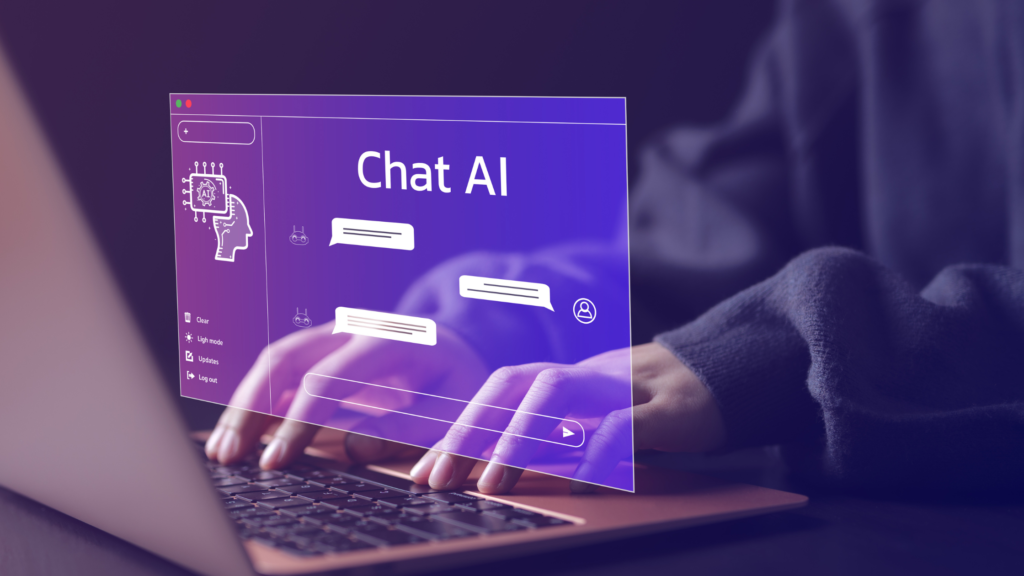
Imagine you’re standing on the edge of a vast, digital frontier. You glance around and see machines processing data at lightning speed, almost like they’re alive, but you know they’re not. They’re powered by artificial intelligence, or AI—a technology that has reshaped the world, invisibly but powerfully.
At its core, AI is about teaching machines to think, or at least mimic thinking. Picture an algorithm, like a recipe, guiding a machine through complex tasks. But instead of just following steps, these algorithms learn. They adapt to new data, refining themselves to become smarter over time.
Think of a voice assistant on your phone. It doesn’t understand language the way you do, yet it knows how to respond, thanks to machine learning—a subset of AI. It listens, processes, and learns from thousands of interactions, shaping its responses closer to how a human might respond.
But AI isn’t just about cool tech on your phone or computer. Imagine it’s the quiet, invisible hand behind recommendations on your favorite streaming platform or the reason self-driving cars can navigate cities. Each AI system is like a small orchestra, with algorithms, data, and programming working in harmony to achieve a specific task.
Here’s where things get exciting. AI isn’t static. With each interaction, it evolves. It’s like a student who keeps learning, getting better at its job, transforming data into decisions, recommendations, or even predictions. But AI isn’t perfect—it learns from us, humans, including our biases, mistakes, and unique perspectives.
So why does this matter? Because AI is transforming industries: healthcare, finance, entertainment, and more. Imagine doctors diagnosing diseases faster, financiers predicting market trends, and companies understanding customers deeply. AI makes this possible, reshaping the future before our eyes.
As AI advances, it’s up to us to guide it wisely, to ensure it remains a tool for good. We must remember that AI reflects the data we feed it. In this age of machines that learn, the question isn’t only, “What can AI do?” but “What should it do?”
So, next time you hear the term AI, think of it as more than technology. It’s a journey—one that we’re all a part of, shaping and steering towards a future filled with potential.
